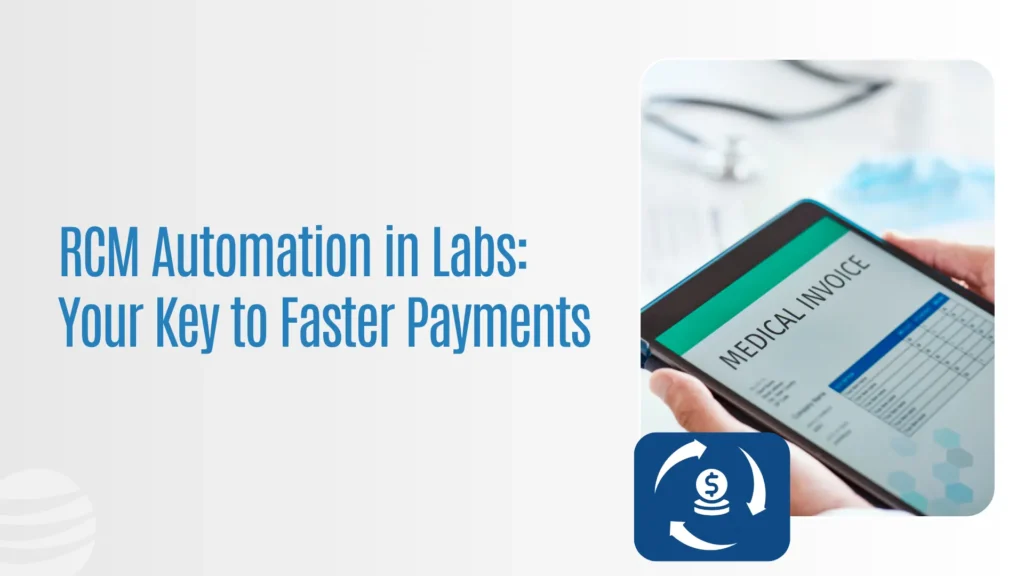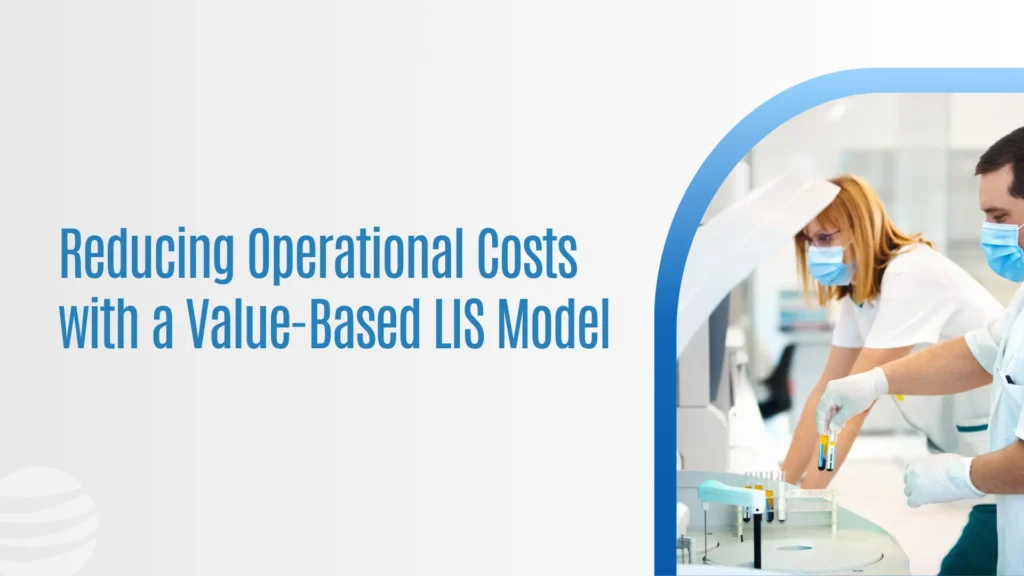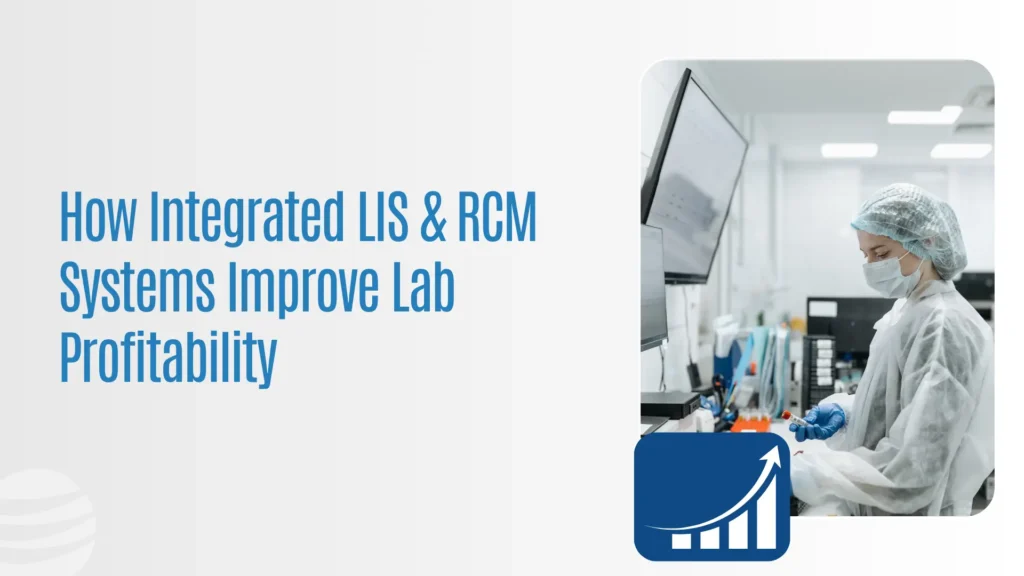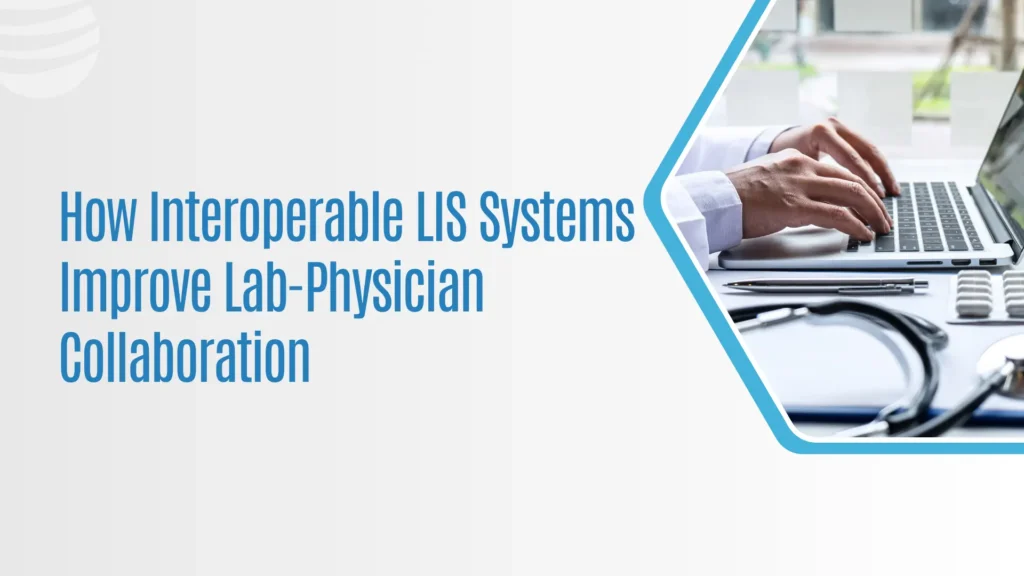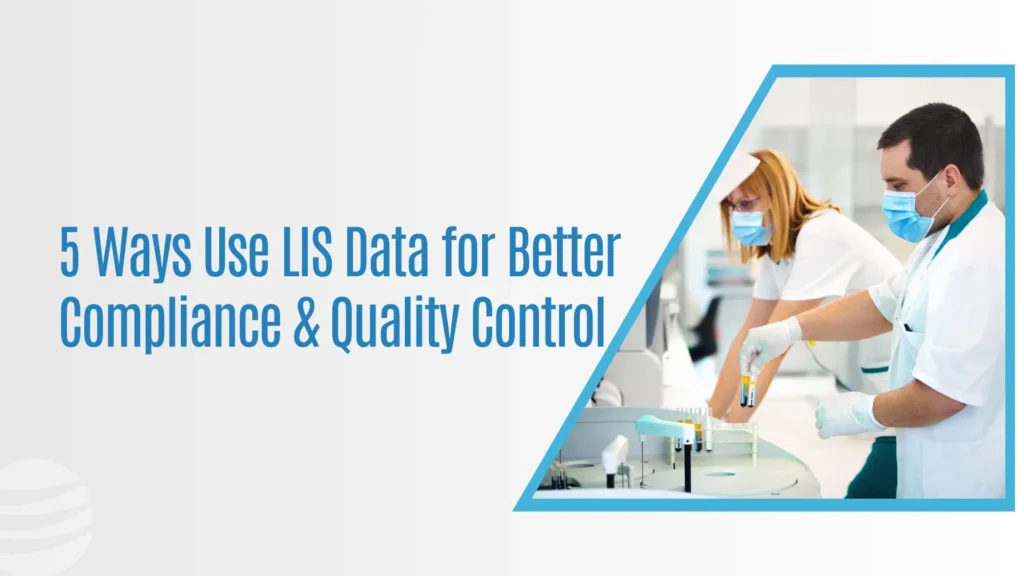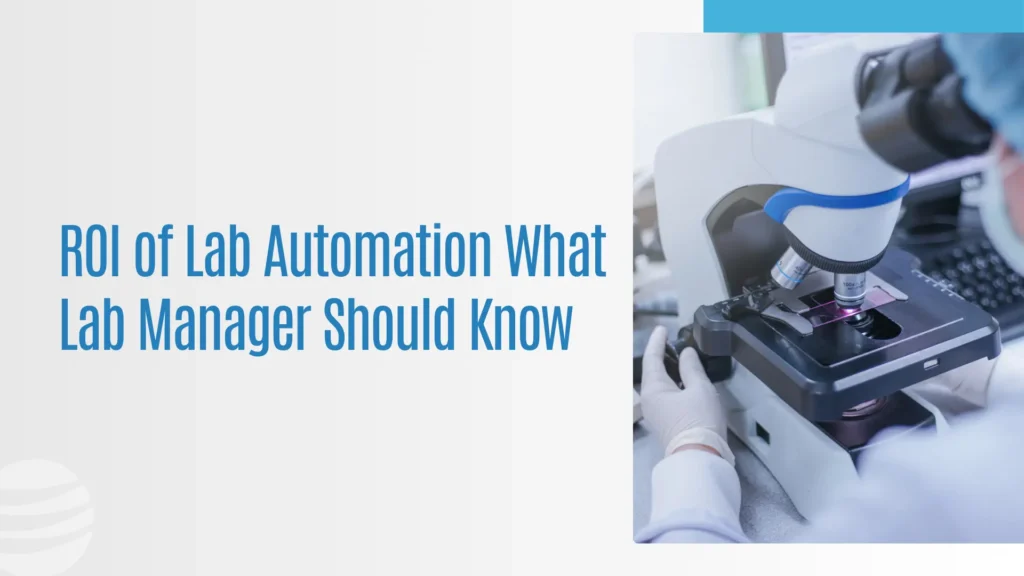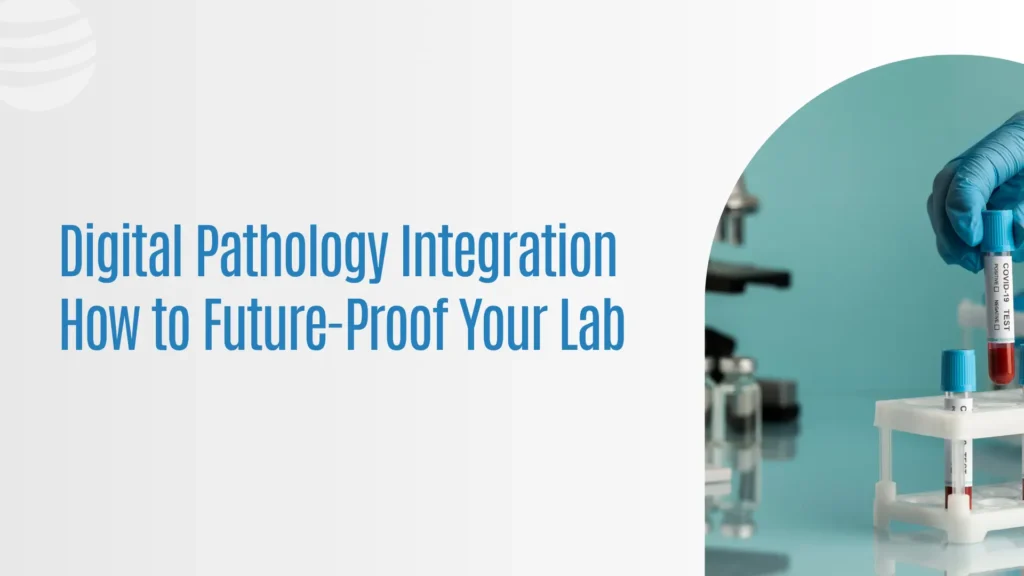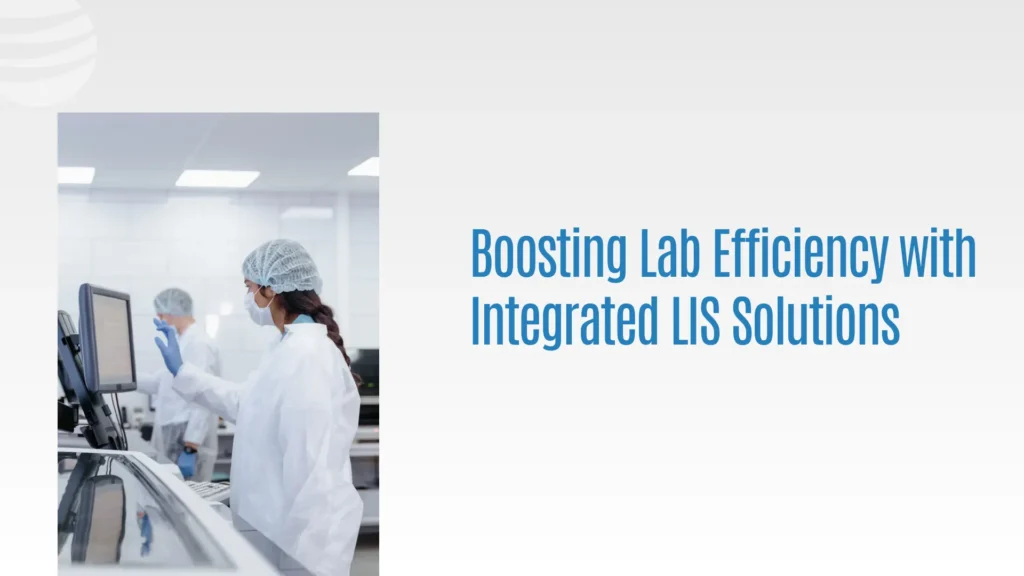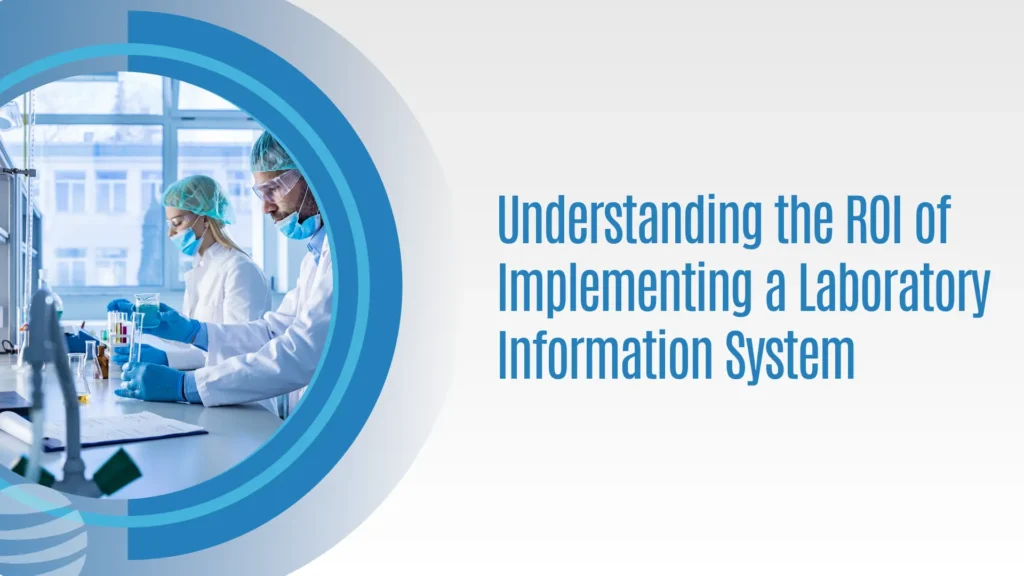RCM Automation in Labs: Your Key to Faster Payments
RCM Automation in Labs: Your Key to Faster Payments The Financial Pulse of Every Laboratory Every laboratory runs on two cycles the testing cycle and the payment cycle. While the former drives diagnostics and patient outcomes, the latter determines sustainability and growth. Yet, despite the sophistication of modern analyzers and LIS technology, many labs still handle Revenue Cycle […]
RCM Automation in Labs: Your Key to Faster Payments Read More »

